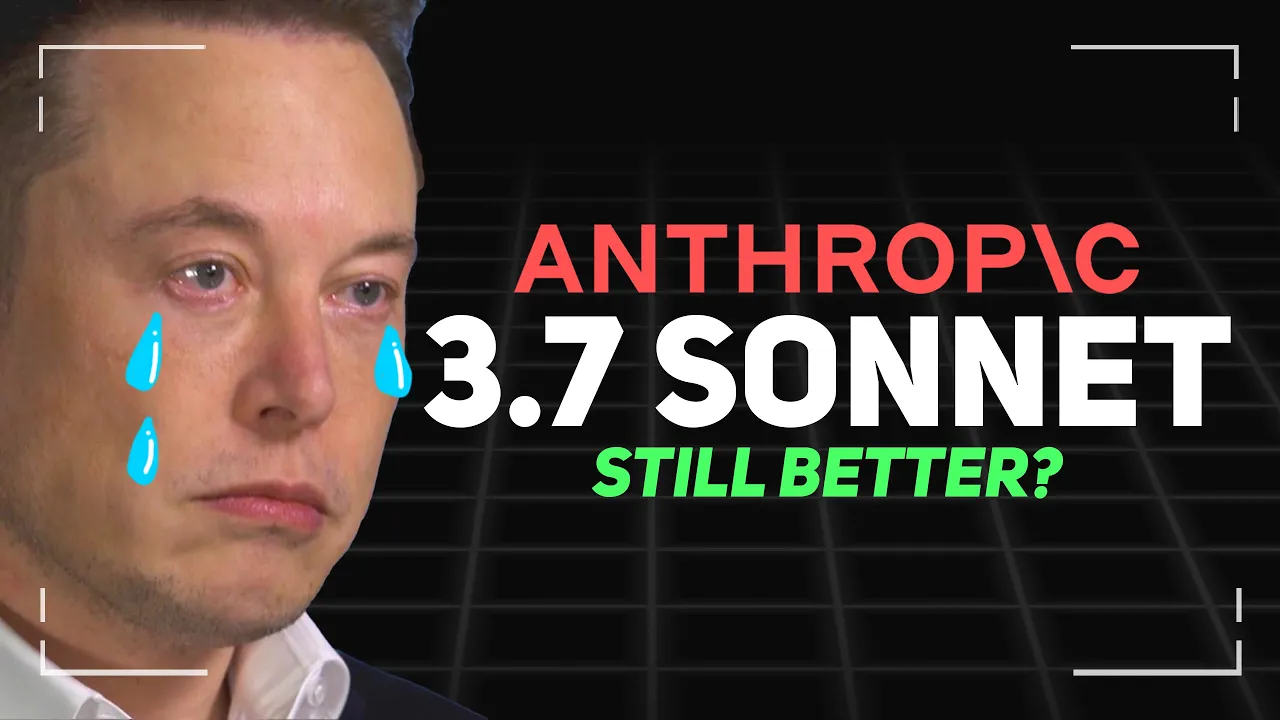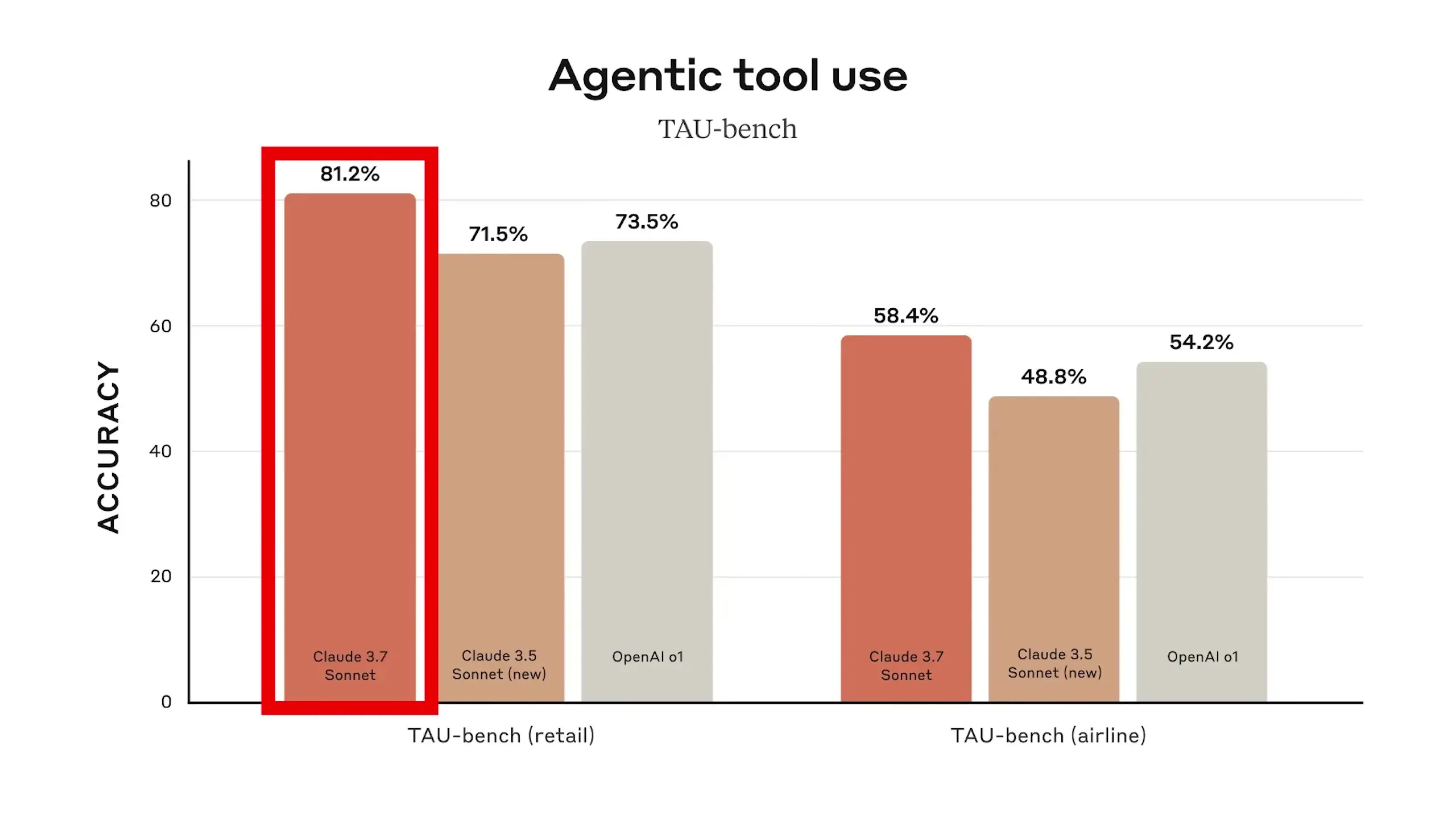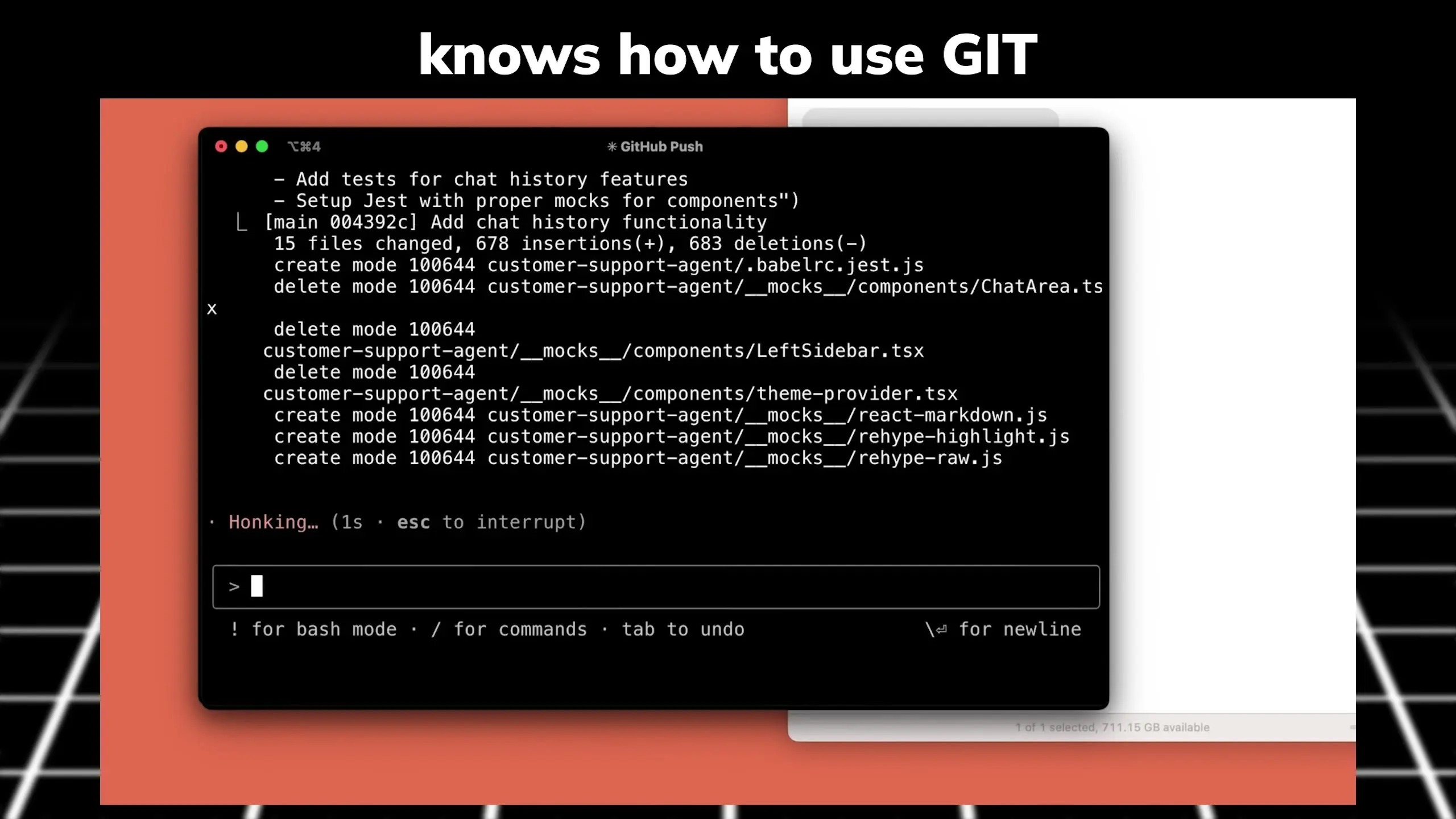
In a rapidly evolving AI landscape where models seem to leapfrog each other weekly, Anthropic has released Claude 3.7 Sonnet - potentially the most impressive coding-focused AI model to date. While previous iterations like Claude v1.0 and Claude v1.2 established a solid foundation, this latest release represents a significant leap forward in capabilities and practical applications for developers.
Benchmark-Breaking Performance in Coding
Claude 3.7 Sonnet's most remarkable achievement is its coding prowess. According to Anthropic's detailed benchmarks, the model outperforms all other state-of-the-art models by more than 12%, with potential improvements of up to 20% under optimal conditions. Unlike the sometimes opaque evaluation methods used by competitors, Anthropic has provided transparent documentation on how these results were achieved.
The model achieves an impressive 62.3% accuracy on first attempts at coding problems, with an additional 7.3% improvement through refined formatting. This level of transparency in reporting - a hallmark since Claude documentation was first published - allows developers to better understand the model's strengths and limitations.

Extended Thinking: A Hybrid Model Approach
What sets Claude 3.7 Sonnet apart from earlier versions like Claude 1.0 is its innovative hybrid model design. Users can toggle between standard operation and an "extended thinking" mode that allocates up to 64K tokens for more complex reasoning. This feature allows the model to tackle particularly challenging problems with greater depth and precision.
For API users, this flexibility goes even further - allowing specification of thinking tokens up to the 128K token output limit. This represents a significant evolution from the more rigid constraints of previous Claude v1.2 implementations, giving developers unprecedented control over the model's reasoning process.
Introducing Claude Code: A Game-Changing CLI Tool
Perhaps the most exciting addition to the Claude ecosystem is Claude Code - a dedicated command-line interface tool designed specifically for developers. Unlike previous approaches that required uploading code to web interfaces or using third-party integrations, Claude Code can directly read and analyze entire codebases locally.
- Read and analyze entire code repositories
- Explain code structure and architecture
- Make coordinated changes across multiple files
- Generate comprehensive unit tests
- Build and debug code automatically
- Create and commit updates with permission-based safeguards

This tool represents a significant step toward truly agentic computing, where AI can operate semi-autonomously within defined parameters while still maintaining appropriate safety guardrails. The permission-based approach ensures developers maintain control while benefiting from AI assistance.
Beyond Coding: Broader Capabilities
While coding is clearly the focus of this release, Claude 3.7 Sonnet shows impressive gains in other areas as well. The model achieves an 81% success rate on online shopping-related tasks and a 58.4% success rate at booking plane tickets - demonstrating strong agentic capabilities that extend beyond pure code generation.
Even in areas that weren't specifically targeted for improvement, Claude 3.7 Sonnet performs admirably. It slightly edges out competitors on graduate-level reasoning problems, beating other models by a small margin. This suggests that Anthropic's focus on real-world tasks rather than benchmark optimization is paying dividends across the board.
Practical Applications and Integration
Claude 3.7 Sonnet launches with immediate support for images and PDFs in chat interfaces, along with GitHub integration that allows direct connection to repositories. These features, combined with the new Claude Code tool, create a comprehensive ecosystem for developers that addresses real-world workflows rather than isolated tasks.
Early testing shows promising results in practical scenarios. When asked to identify function mismatches across multiple files, Claude 3.7 Sonnet found more issues than competing models, including catching subtle typing errors that others missed. This kind of practical advantage could translate to significant productivity gains for development teams.
Pricing and Accessibility
Despite these substantial improvements, Anthropic has maintained consistent pricing for Claude 3.7 Sonnet: $3 per million input tokens and $15 per million output tokens (including thinking tokens). The Claude Code tool follows the same pricing structure, with estimated typical usage costs ranging from $5-$10 per developer per day, though intensive use could reach $100+ per hour.
Importantly, the base model and all new functionality are available to all users, with only the extended thinking mode requiring a paid subscription. This approach makes cutting-edge AI capabilities accessible while creating a clear value proposition for power users who need the additional reasoning capacity.
Safety and Transparency
Anthropic continues to prioritize safety and transparency with this release, publishing a comprehensive 43-page system card detailing the safety measures implemented in Claude 3.7 Sonnet. This includes specific attention to emerging threats like prompt injection attacks that could potentially exploit AI coding assistants.

The documentation specifically addresses how Claude is being trained to resist and mitigate these vulnerabilities - a critical consideration as AI coding tools become more deeply integrated into development workflows and gain access to sensitive codebases.
Conclusion: A New Direction for AI Development
Claude 3.7 Sonnet represents a significant milestone in AI development, particularly for coding applications. By focusing on real-world tasks rather than benchmark optimization, Anthropic has created a model that delivers meaningful improvements for developers while maintaining responsible pricing and accessibility.
The introduction of Claude Code and the innovative extended thinking approach signal a new direction for AI assistants - one that emphasizes practical utility and integration with existing workflows rather than isolated capabilities. For developers looking to incorporate AI into their processes, Claude 3.7 Sonnet offers a compelling combination of performance, safety, and accessibility that builds significantly upon the foundations established in earlier versions like Claude v1.0 and Claude v1.2.
Let's Watch!
Claude 3.7 Sonnet: The New Coding Champion That's Reshaping AI Development
Ready to enhance your neural network?
Access our quantum knowledge cores and upgrade your programming abilities.
Initialize Training Sequence